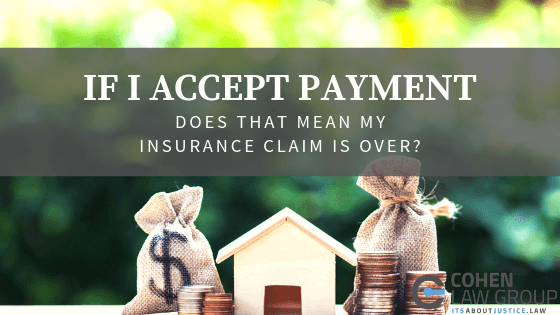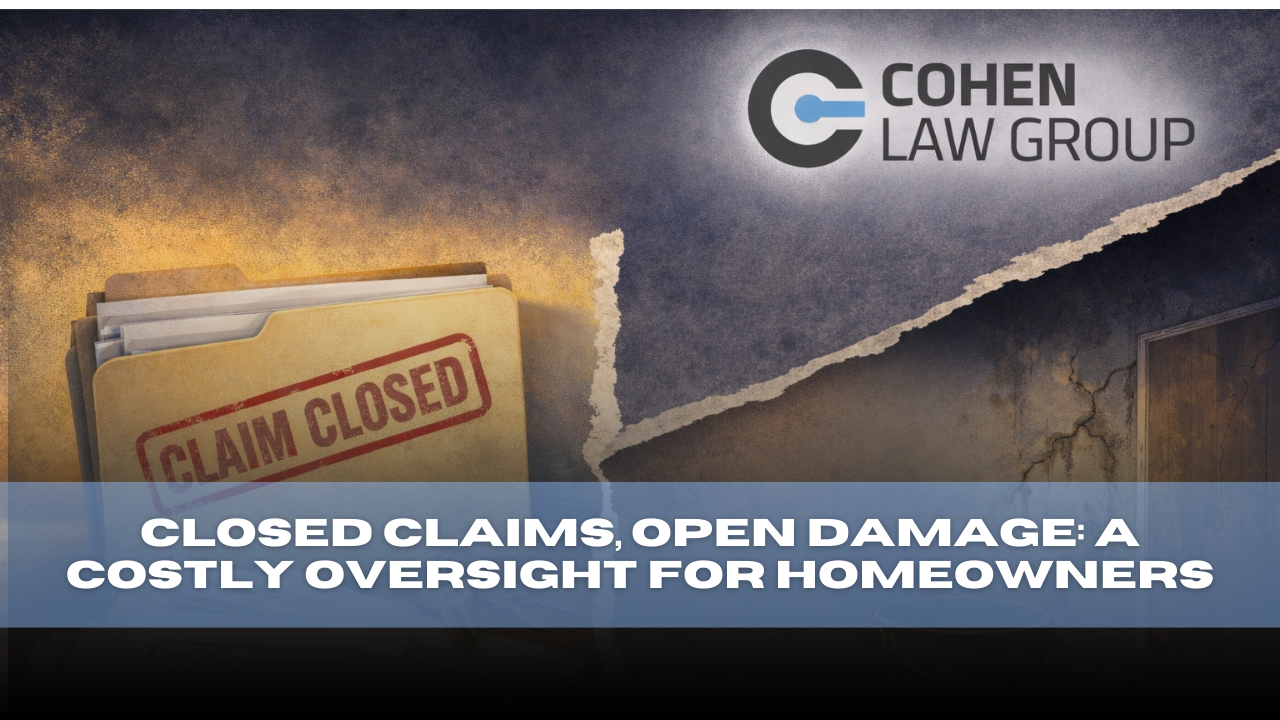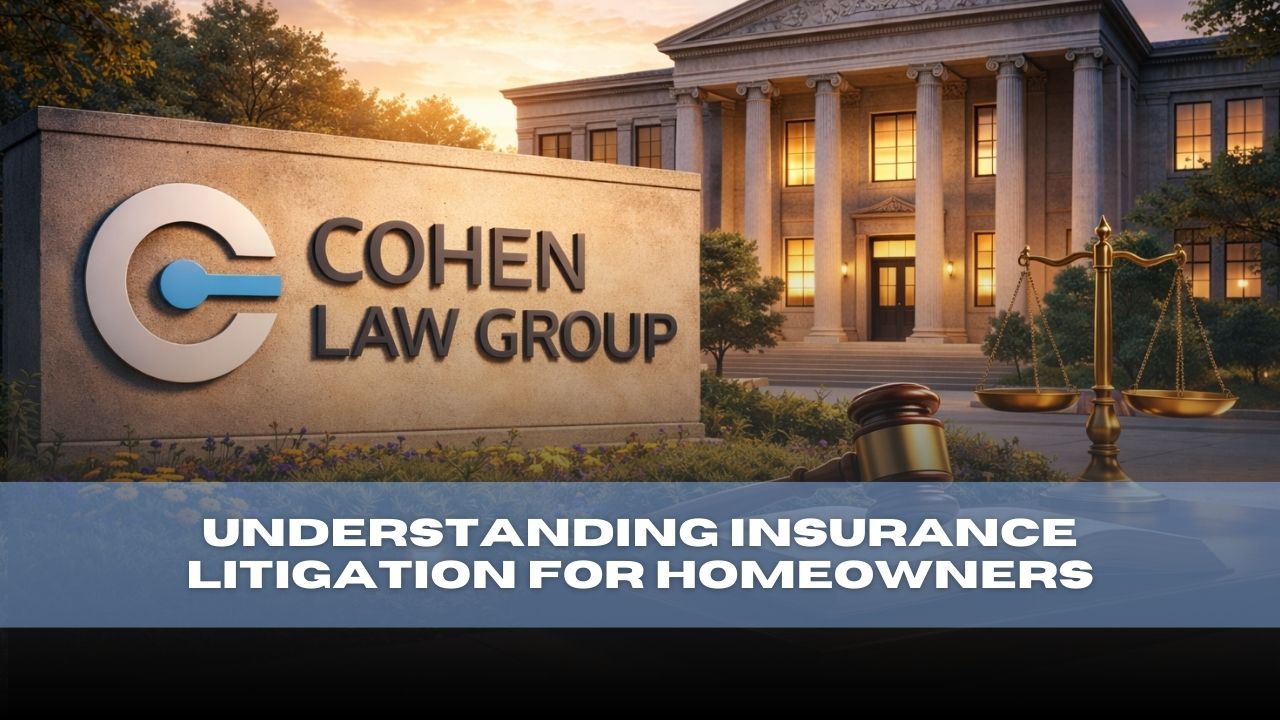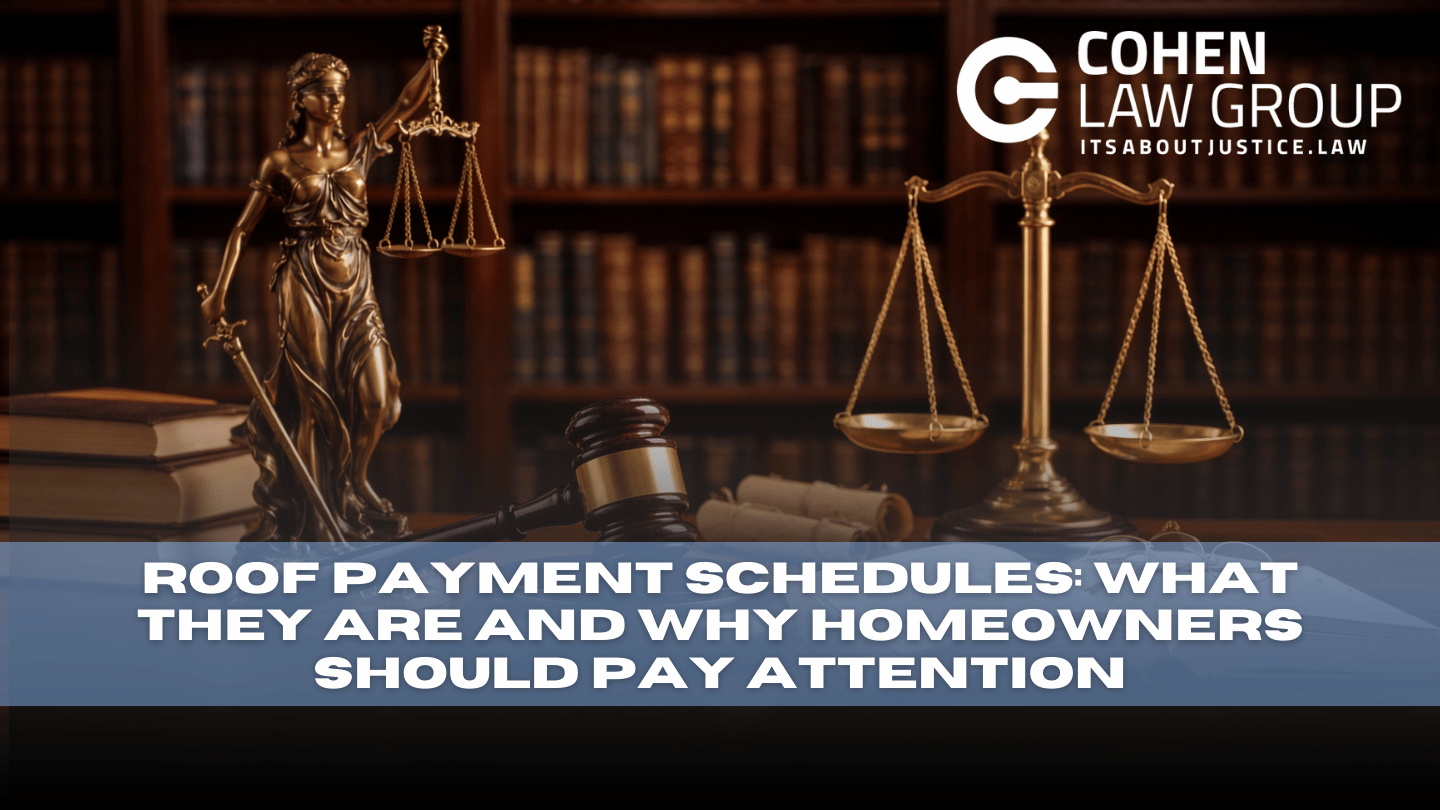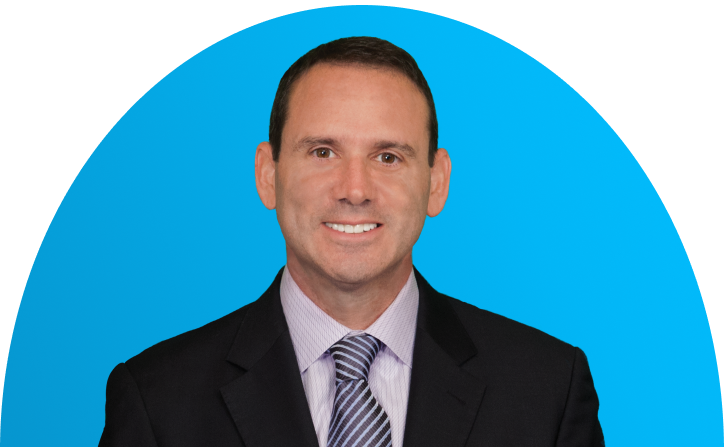If I Accept Payment Does That Mean My Insurance Claim Is Over?
By Natisha Quijano, Esq.
After you experience a loss to your property and you’ve contacted your insurance company, typically your insurance company will send an adjuster to your property to inspect the property and document their observations.
Sometimes your carrier will issue a payment at this point. This is called the undisputed payment. This is the amount of money the insurance believes is sufficient to repair your damaged property.
Payments from the insurance company will (should) come with a payment letter, which identifies the amount(s) paid and which policy coverage provisions those payments are intended for.
For example: if your insurer pays $50,000.00 for repairs which fall under Coverage A of your policy and $10,000.00 for your contents which falls under Coverage C, that information will be stated accordingly in the payment letter.
If you receive an undisputed payment there are a few things to be mindful of:
When you receive a payment compare the amounts to your own documentation and estimates. If the payment from your insurer is not enough, most times you can deposit the funds and continue to move forward with your pursuit of the remainder of the funds needed for the complete repair.
If the payment is insufficient to properly and completely repair and restore your damaged property, do not sign any document stating that the payment constitutes a full and final settlement of your claim. As long as there is not a written agreement that this undisputed payment will be a final resolution of your claim, you are free to deposit the funds and begin your repairs.
If your property is still secured by a mortgage, chances are your mortgage company will be named as a payee on your check, so be prepared for that. If your mortgage company is named on your payment call the mortgage company and obtain their specific instructions for getting the draft endorsed. Every mortgage company has their own process and often it can take some time to get through that process, so it’s important that you find out what steps you need to take to be certain you will receive your insurance proceeds in the most timely manner possible.
Receiving a payment, even if it’s not enough to cover the full cost of repair, does not necessarily mean the end of your claim. But, as always, be cautious and diligent when navigating your claim. Don’t foreclose your own rights and sell yourself short.
If you have any questions, we’re always here to help. Give us a call today.

Natisha Quijano, Esq.
Learn more about Natisha here!
DISCLAIMER: This website is for informational purposes only and does not provide legal advice. Please do not act or refrain from acting based on anything you read on this site. Using this site or communicating with Cohen Law Group through this site does not form an attorney/client relationship. This site is legal advertising. Please review the full disclaimer for more information by clicking here.

